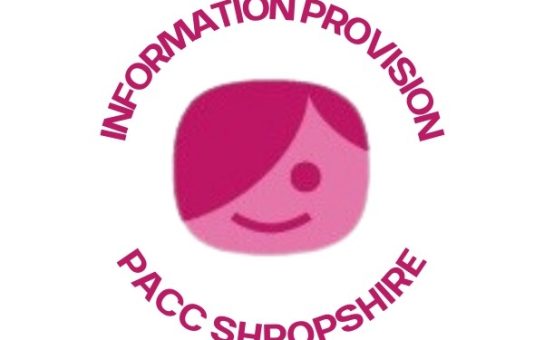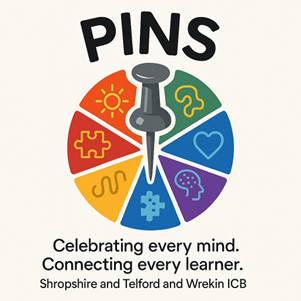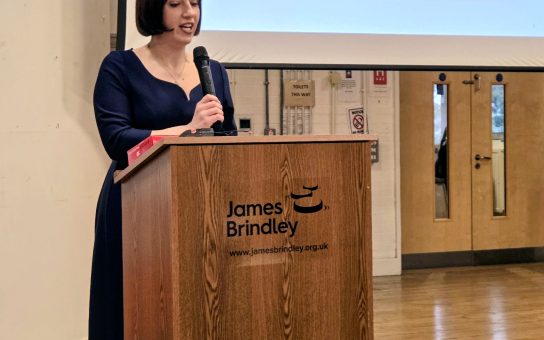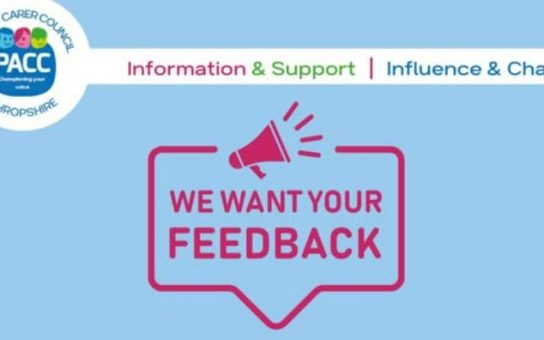
Further Information about the New CAMHS Offer from 1st April 2026
More Information has been shared about the new CAMHS offer that will go live in Shropshire and Telford and Wrekin from the 1st April 2026. PACC has been sent the… Read more Further Information about the New CAMHS Offer from 1st April 2026
February 14, 2026




